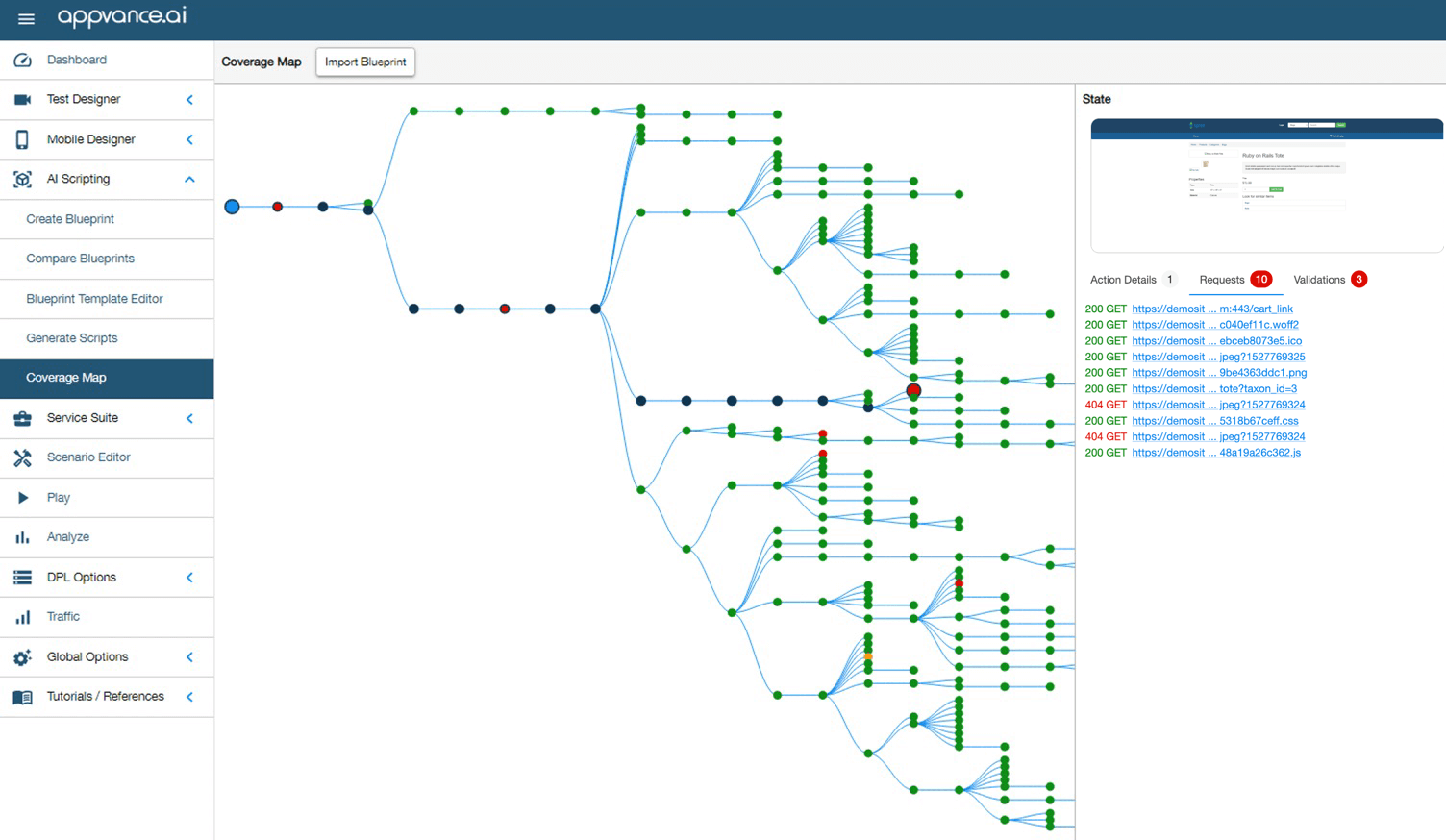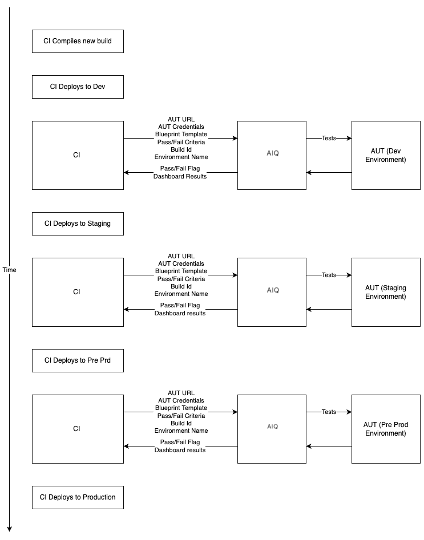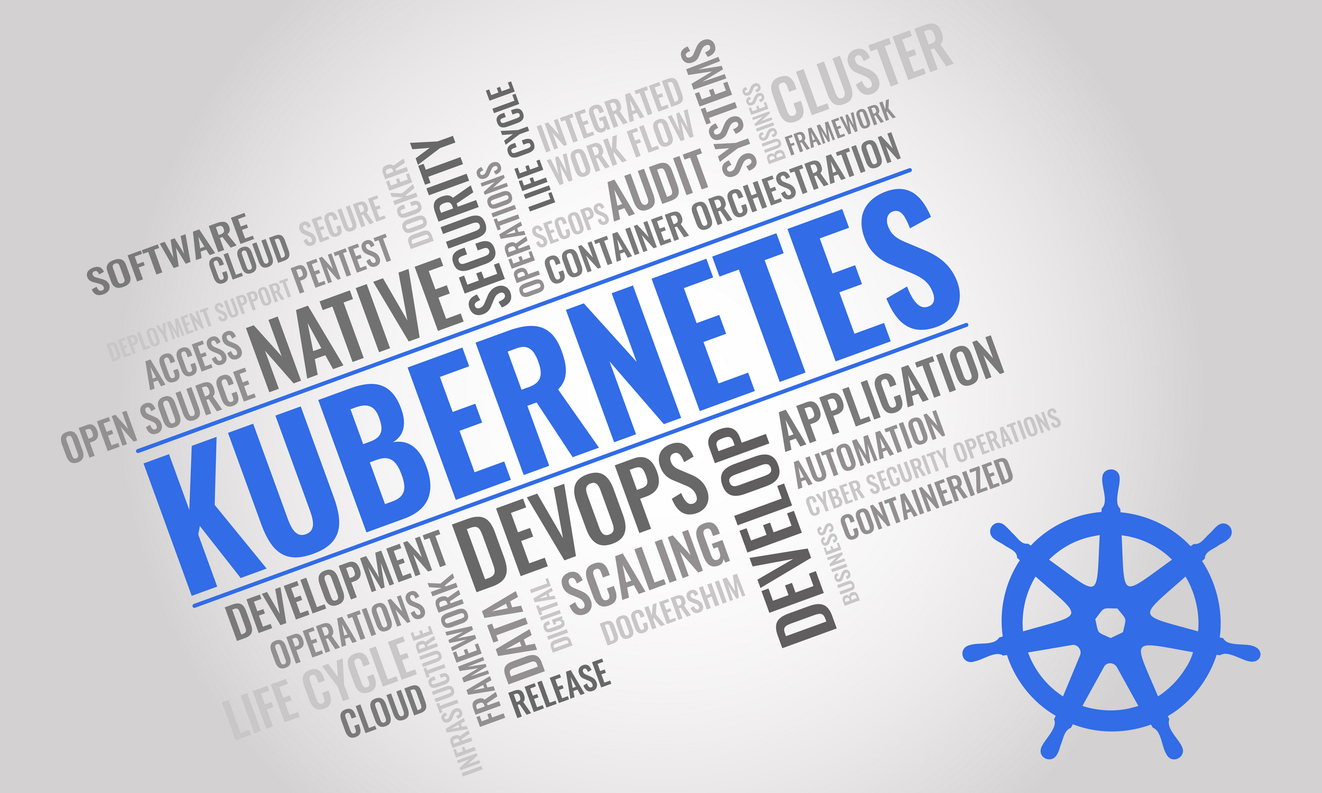How AI is delivering enhanced customer experience and improved business outcomes in the quality process
If you work in the software industry, particularly in testing, you’ve likely already heard or read something about the role QA plays in DevOps. A Google search for the phrase returns more than a dozen pages of articles detailing what may be familiar to most of us—what DevOps is, what you need to know about CI/CD, and how Continuous Testing or Test Automation fits into the picture.
That’s a smart narrative, but is that all there is to the story today? Is there more to think about than just how to determine the right set of tests to automate and execute, and how to fit them into your DevOps toolchain most expeditiously?
We believe the answer is a resounding “yes.”
The Changing Role of QA in DevOps Environments
In the most recent World Quality Report from CapGemini, one of the key recommendations for QA’s role within an organization practicing DevOps processes is that “the emphasis should be on the customer experience and on the business outcomes….” This recommendation makes abundant sense given that the key driver behind DevOps’ adoption, particularly at larger companies, is business benefit. But how can QA really take on the mantle of business performance?
According to Accenture, the shift from testing to quality engineering is powered by data, enabling QEs to predict risk and identify opportunities for better user experience or expanded functionality. Accenture also cites the shift from “test data” to “test insights.” These insights are gained through applied analytics. And these analytics can be obtained through the application of advanced AI functionality that can autonomously understand the application, test the possible user flows, and provide a detailed level of intelligence never possible before.
AI creates more observability within the test suite because it is capable of unrivaled coverage based on the actual experience of users. It accurately depicts how an application has changed over time, not just by providing regression test results, but by mapping test flows the AI has discovered. It highlights where risk is present in your application. In short, testing conducted autonomously by AI, and the data this process provides, offers a new, expanded window into the quality of the user experience in the same way that APM has delivered observability on the quality and health of the technical environment.
So how does AIQ support DevOps processes?
Providing visibility into the application experience
AIQ’s AI-driven test creation provides key information to testing teams in order for them to take on the perspective of the user and to analyze risk. First, regression tests created by AI from logs enable teams to test the most common flows followed by the actual application users. These tests can become the first line of defense for QA in evaluating whether the user experience provided in a new build will meet expectations, or whether it is too risky, and therefore unsuitable, for release to production.
But the true game-changing visibility from AI is delivered in the form of the AI Blueprint Coverage Map.

The Blueprint allows teams to visualize the health of the application and understand all the potential user flows. Teams can easily see areas of the application that might be plagued by errors and require rework. Recently, an Appvance customer saw a cluster of errors in a branch of their application. That section of functionality had been outsourced to a contract developer, and the Blueprint allowed the customer to address the problem quickly and specifically.
Over time, the historical progression of the Coverage Map will help teams see where there is degrading performance, unexpected defect density, or other changes that have the potential to damage their corporate reputation and the satisfaction of their business’s users.
Technical integration
Of course, AIQ also integrates in the ways you would expect with your DevOps toolchain and processes. AIQ executes test scenarios based on desired triggers as part of any CI/CD process, spinning up systems as needed, distributing and executing all types of AI-supported tests, starting and stopping test environments, tearing down systems post-execution, and publishing results to a comprehensive dashboard.
These triggers are often the completion of a new build or deployment, or may be defined at a scheduled time of day.
Here is a simple diagram of the process:

AIQ integrates with all major CI/CD platforms in order to deliver this level of automation to the execution of tests throughout the SDLC.
As part of the CI/CD process, Appvance can create a ticket in your bug tracking system, and that ticket can be logged or updated automatically based on test results. And execution results can also redirect users to APM diagnostics via integration with the major APM tools on the market.
So if you’re interested in getting more visibility and more data that will enable you to embrace the future of QE, schedule a call with the Appvance team to learn more.



